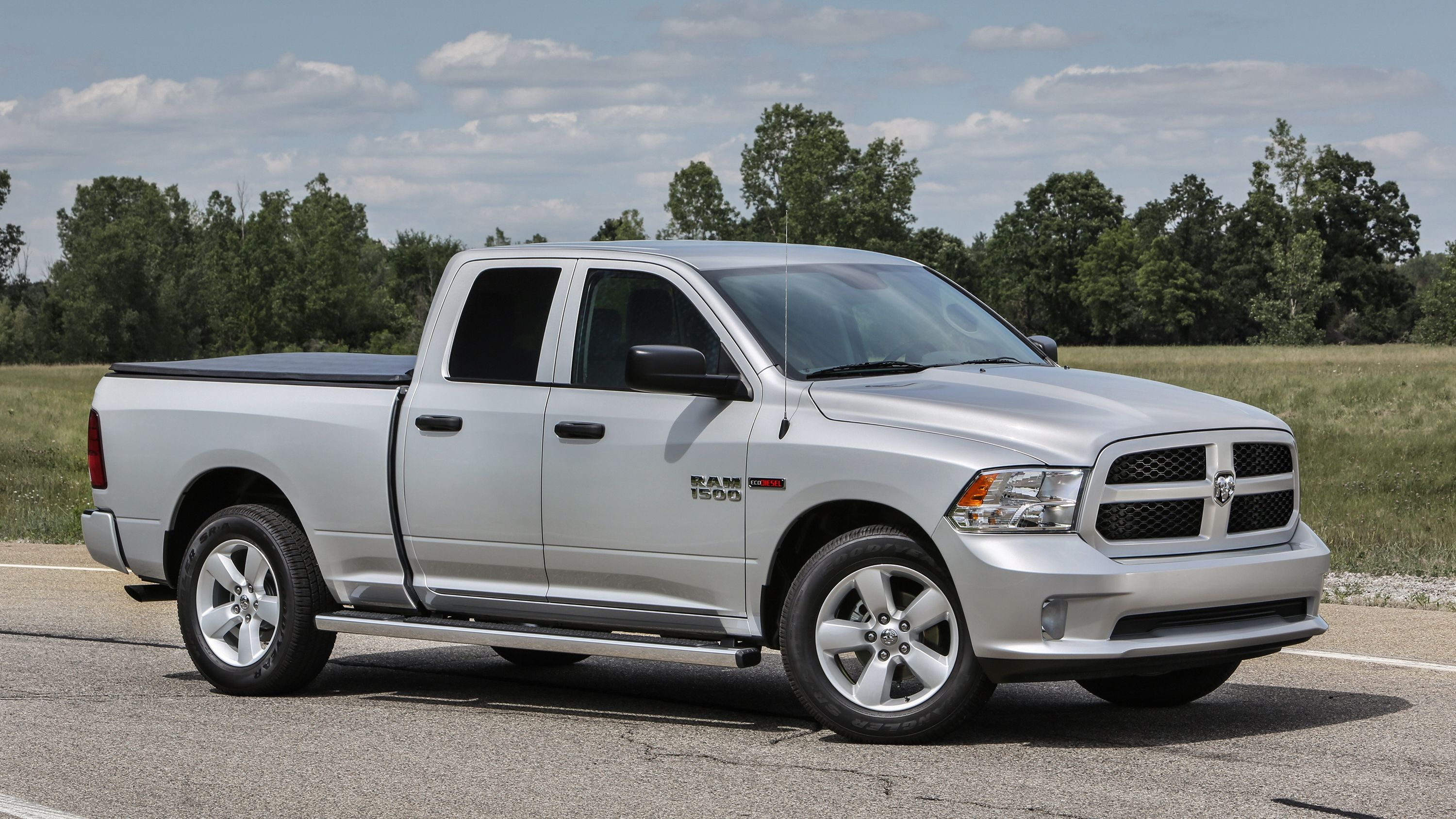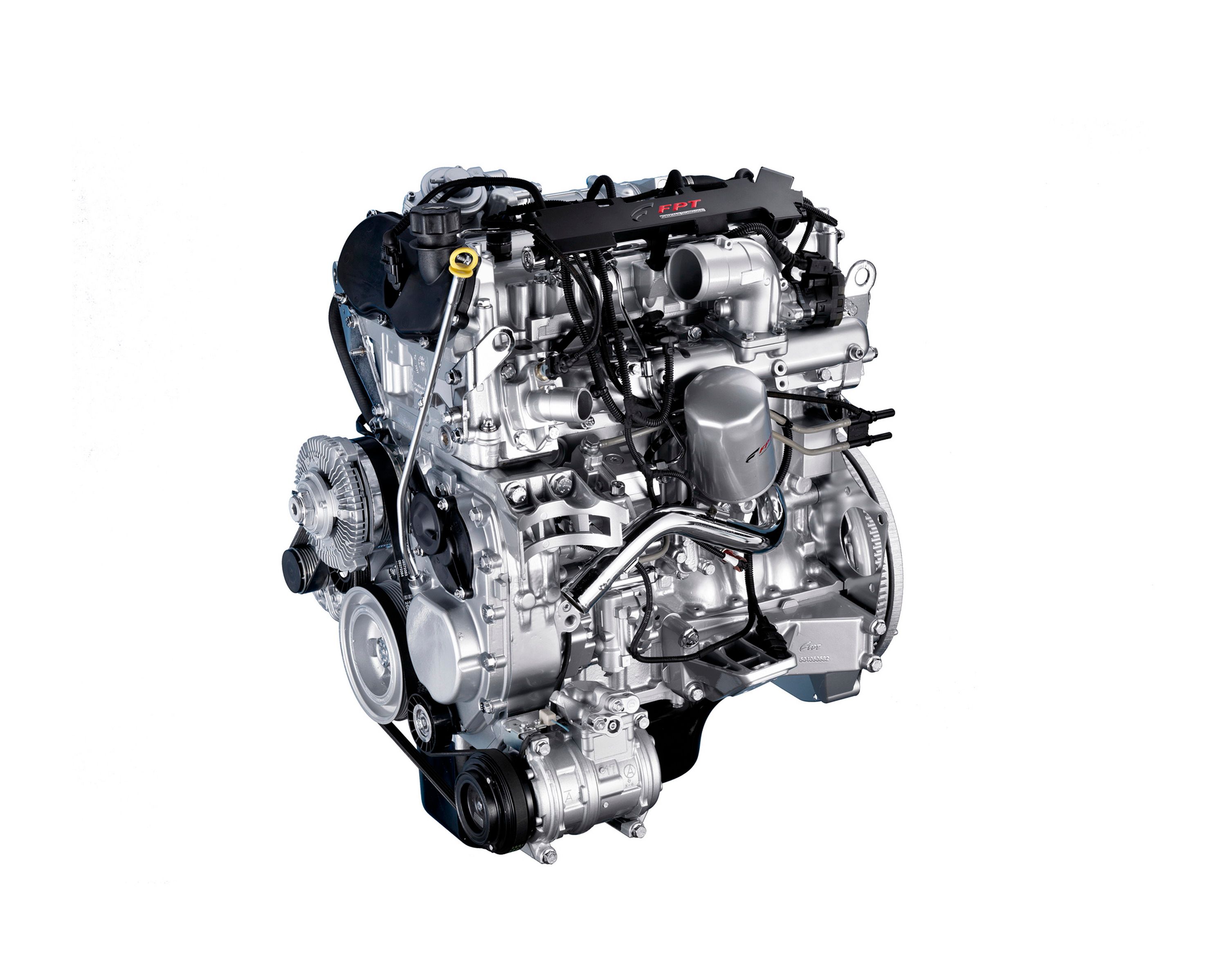Fiat Chrysler Automobiles is now under investigation from the Environmental Protection Agency over the emissions control technology used in the 2014-2016 3.0-liter EcoDiesel V-6. Scrutiny of diesel engines has exponentially increased as a result of Volkswagen’s emission scandal.
FCA says it intends to work with the incoming presidential administration in resolving the case “fairly and equitably.” While it's unclear if FCA believes the Trump administration might be more lenient on emission regulations, it seems that is the case. It’s also a safe bet FCA is looking to avoid Volkswagen’s fate. The U.S. Justice Department just announced VW must pay $4.3 billion to settle the civil and criminal allegations over its emissions test-cheating software in some 590,000 vehicles in the U.S. Some of VW’s executives are also facing jail time.
While FCA’s investigation is unlikely to have similar results, the automaker is not treating the situation lightly. It responded with statements says it has already “spent months providing voluminous” information in response to requests from the EPA over its emissions control software. FCA has already developed extensive software updates to the software for improved emissions performance.
In regards to the actual emissions equipment, FCA says its diesel engines are fitted with state-of-the-art emission control systems that include selective catalytic reduction, which is used to control tailpipe emissions in order to meet EPA regulations. It says all automakers must balance these regulatory requirements for low nitrogen oxide with the engine durability, performance, safety, and fuel efficiency, and that it believes its systems meet the requirements.
FCA’s official statement didn’t mince words in saying, “FCA US looks forward to the opportunity to meet with the EPA’s enforcement division and representatives of the new administration to demonstrate that FCA US’s emissions control strategies are properly justified and thus are not ‘defeat devices’ under applicable regulations and to resolve this matter expeditiously.
Let’s just hope this matter doesn’t explode into Dieselgate 2.0.
Continue reading for more information
Why It Matters
You know FCA executives have to be pacing their penthouse offices right now. The EPA has proven it doesn’t play kindly with automakers and FCA simply doesn’t have the cash to throw at lawsuit settlement cases with the U.S. Government. It seems FCA has already done more than Volkswagen by providing information to the EPA about its emissions systems, so hopefully the matter will be sorted out soon and result in less of a fiasco.
The 3.0-liter EcoDiesel V-6 in question is an immensely important engine for FCA. Not only is it available in the Ram 1500, it can also be had in the Jeep Grand Cherokee and is scheduled to be optional in the upcoming 2018 Jeep Wrangler JL and its pickup truck version, the JT.
Other automakers have to be quivering, as well. Ford especially, since it just announced the 2018 F-150 pickup will have an available 3.0-liter turbodiesel V-6. Ford does have an advantage, though. The engine is already been cleared by the EPA thanks to its use in several Jaguar Land Rover products, including the Range Rover. Called the Td6, the turbodiesel was actually developed by Ford thanks to JLR’s long-standing connection with the Blue Oval. It’s only been eight years since Ford sold both Jaguar and Land Rover to Tata, an Indian automaker.
Only time will tell how this plays out, but rest assured, FCA needs this investigation to resolve quickly and without damage.


